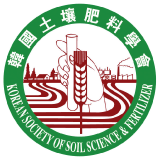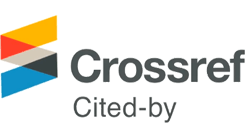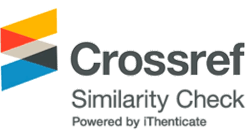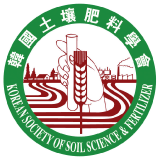Original research article
Abstract
References
Information
- Publisher :Korean Society of Soil Science and Fertilizer
- Publisher(Ko) :한국토양비료학회
- Journal Title :Korean Journal of Soil Science and Fertilizer
- Journal Title(Ko) :한국토양비료학회 학회지
- Volume : 52
- No :4
- Pages :551-558
- Received Date : 2019-11-04
- Revised Date : 2019-12-02
- Accepted Date : 2019-12-03
- DOI :https://doi.org/10.7745/KJSSF.2019.52.4.551



 Korean Journal of Soil Science and Fertilizer
Korean Journal of Soil Science and Fertilizer








